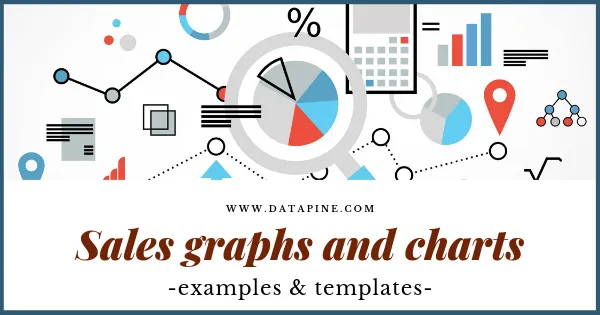Understanding the Importance of Sales Forecasting in CRM
Introduction
As a business owner, making accurate predictions about future sales is crucial for strategic decision-making. Sales forecasting helps you anticipate revenue streams, allocate resources effectively, and adjust your marketing strategies accordingly. In this article, we’ll explore the importance of sales forecasting in CRM and how it can benefit your organization.
What is Sales Forecasting?
Sales forecasting involves predicting future sales based on historical data, market trends, and customer behavior. This process helps businesses identify opportunities to grow, optimize their operations, and minimize risks. By integrating sales forecasting into your CRM, you can gain a deeper understanding of your customers’ needs, preferences, and purchasing habits.
Benefits of Sales Forecasting in CRM
- Improved Predictability: With accurate sales forecasts, you can anticipate revenue streams and make informed decisions about resource allocation.
- Enhanced Customer Insights: By analyzing customer behavior and purchasing patterns, you can better understand their needs and tailor your marketing strategies accordingly.
- Optimized Operations: Sales forecasting helps you identify inefficiencies in your operations and optimize them to improve productivity and reduce costs.
- Data-Driven Decision Making: With sales forecasts as a basis for decision-making, you can make informed choices about product development, pricing, and marketing campaigns.
How to Implement Sales Forecasting in CRM
- Collect Historical Data: Gather data on past sales, customer behavior, and market trends to build a comprehensive picture of your business.
- Analyze Market Trends: Keep up-to-date with industry developments, consumer sentiment, and competitor activity to inform your forecasting models.
- Use CRM Software: Leverage the advanced analytics capabilities of your CRM software to create accurate sales forecasts and identify areas for improvement.
- Monitor and Adjust: Regularly review and refine your sales forecasting models to ensure they remain accurate and effective.
Conclusion
Sales forecasting is a critical component of any successful business strategy, providing valuable insights into customer behavior, market trends, and revenue streams. By integrating sales forecasting into your CRM, you can gain a competitive edge, optimize operations, and drive growth. Whether you’re looking to improve predictability, enhance customer insights, or optimize operations, sales forecasting is the key to unlocking your organization’s full potential.

Sales Forecasting in CRM: A Key to Unlocking Business Success

Fundamentals of CRM with Dynamics 365 and Power Platform

Marketing Automation For Dummies

Successful Direct Marketing Methods: Interactive, Database, and Customer-based Marketing for Digital Age (BUSINESS BOOKS)

CRM & FFHH: analysis of real accidents

Connected CRM: Implementing a Data–Driven, Customer–Centric Business Strategy

Special Edition Using Microsoft CRM
Related Industry insights: See all
- CRM Industry Insights: How to Leverage Technology for Better Sales Outcomes
- CRM Industry Insights: Understanding the Evolution of Customer Relationships
- CRM Insights: Understanding Customer Journey Mapping
- CRM Insights: Understanding Sales Forecasting
- CRM Insights: Understanding the Power of Sales Forecasting
- CRM Trends for 2024: Industry Insights and Predictions
- CRM Trends to Watch Out for in 2024
- CRM Trends to Watch: Enhancing Customer Relationships
- Exploring CRM Evolution: From Data to Customer Engagement
- How CRM Can Help You Stay Ahead in Competitive Markets
- How to Leverage Customer Relationship Management for Business Growth